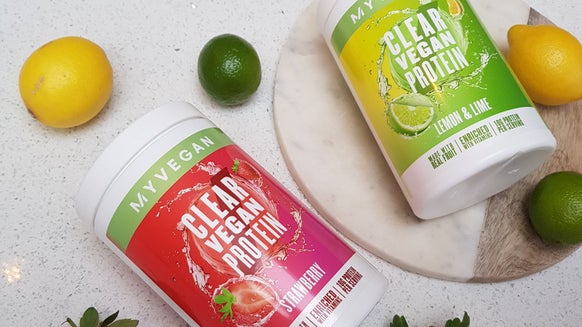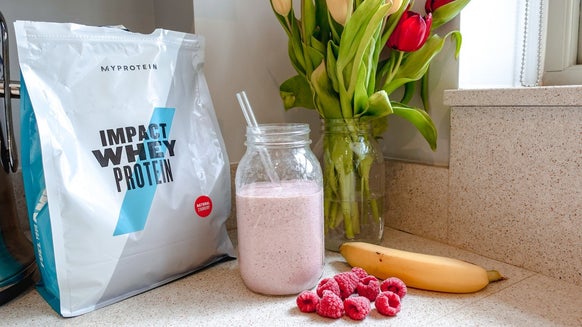Written by Pete Crawshaw
Do You Use Energy Gels?
Most of us will have seen the energy gel sachets appearing on store shelves, maybe you have seen cyclists taking them during the Tour de France or a marathon runner taking one without missing a step, but what are energy gels and what do they do?
Energy gels come in a few different shapes and sizes but in most cases, they will be in a small easy open sachet that can be carried easily and squeezed into the mouth without interrupting activity. They are a convenient source of carbohydrates and electrolytes that are designed to rapidly replenish the fuel we use during exercise.
What Are Energy Gels?
Our body uses carbohydrate as its primary source of fuel for exercise, however, our bodies can only hold a certain amount (around 90 minutes to 2 hours of fuel) for most people, even if we ‘carb load’. This means that if we are taking part in an activity that can last longer than 90 minutes we are going to be running extremely low on fuel. Not ideal if you are running a marathon or if your football match goes to extra time, the idea behind the energy gel is to provide an easily absorbed fuel source to the body that will replenish the glycogen stores we are emptying through exercise and allow us to perform for longer.
An energy sachet is concentrated carbohydrates in the form of maltodextrin and fructose that can not only increase the glycogen levels in the muscles but also increase the glycogen levels in the blood. The effect this has on the body is to provide you with a mental ‘pick me up’. If you have ever taken part in an endurance event, you may well be familiar with a lack of concentration at points or an almost hazy sensation as you start to get fatigued. This is due to a lack of glycogen easily accessible in the blood and therefore a lack of carbohydrate being delivered to the brain. The energy gel solves this problem so as well as providing the muscles with more fuel it can also stimulate the brain.
When To Consume An Energy Gel?
As with the digestion and absorption of any food or liquid everyone will react in a slightly different way, some people could fully absorb an energy gel in as few as 3 minutes whereas others could be waiting over 5 times that long so it will always be worth having a practice run with energy gels before you use them in competition to establish your own tolerance.
What is important however is to not wait until you are really struggling to take an energy gel, try to take one quite early on in your sporting activity (40-45 minutes in) so the body can still process it without being under too much stress, in extreme duress the body can sometimes stop digestion and it isn’t entirely uncommon to see an endurance athlete throw up a gel or a drink if they consume it far too late in a race as the body simply doesn’t have the capacity to provide the stomach with enough blood to allow proper absorption.
Once the first gel is consumed it is important to stay hydrated and then look to consume another gel around an hour further into your exercise. It is important that you don’t just consume gel after gel as your body will not be able to absorb them all and you will end up with a stomach full of gel which wouldn’t be a pleasant feeling whilst taking part in an endurance event.
There are several different types of energy gel on the market with a large proportion now including caffeine. A caffeine energy gel would be suited to a pre-exercise situation where mental stimulation is part of the goal as well as ensuring the muscle glycogen levels are at a suitable level for the exercise you are about to undertake.
Take Home Message
To summarise, energy gels are ideal for any endurance style event that will drain the body of its preferred carbohydrate fuel. They are rapidly absorbed and replenish muscle glycogen and blood glycogen which will help physical and mental performance during exercise. Aim to take 1 energy gel for each hour of intense exercise to ensure that glycogen levels don’t drop too low and affect your performance








